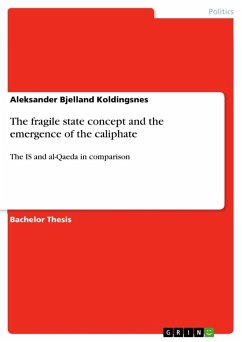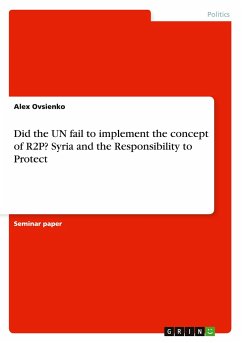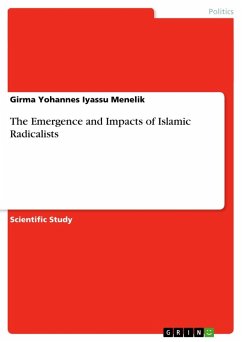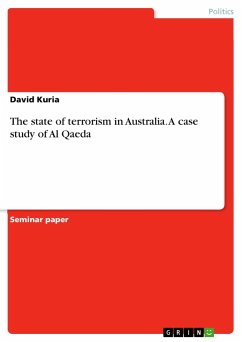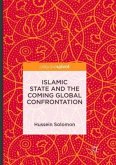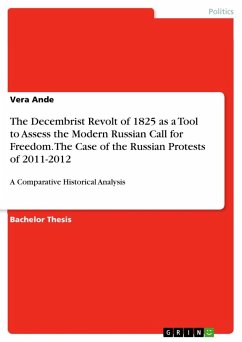Bachelor Thesis from the year 2015 in the subject Politics - International Politics - Topic: Peace and Conflict Studies, Security, grade: C, University of Bergen (Department of Comparative Politcs), language: English, abstract: The Islamic State´s [IS] establishment of a caliphate in 2014 received massive media coverage worldwide. The media has primarily focused on how IS use mass media, the Internet, extreme violence and lately, the terrorist attacks in Paris. Terrorists who want to establish a caliphate are not new. Why exactly did IS establish a caliphate? Also, why didn´t al-Qaeda? This will be the main questions I want to explore in this essay. To answer these questions, I will utilize the fragile state concept. Both al-Qaeda and IS have presented the establishment of a caliphate as one of their ultimate goals. Both organizations belong to the same Islamic school of theology: jihadist-Salafism. Both organizations have had success and become dominant groups in the jihadi cause. Therefore, it is interesting to compare the two groups in light of the status of Iraqi state to see if the fragile state concept can explain anything. In this essay, I will compare 2000-2001 al-Qaeda with 2013-2014 IS. I have chosen two different periods in time because after 9/11 al-Qaeda was quickly reduced in terms of operational capabilities and changed its strategy from direct action to controlling and advising other affiliate groups. Thus, the assumed best chances for al-Qaeda's ability to establish a caliphate was before 9/11. IS have fluctuated somewhat more regarding size and power but arguably increased in strength after US troops left Iraq in 2011 and the Syrian civil war erupted. As the caliphate was declared in 2014, this marks the time span that it is interesting to analyse IS.This essay consists of five parts: a brief history of IS, al-Qaeda and Iraq, the concept and theory of fragile states and definitions, method, an analysis of the variables and a conclusion.

